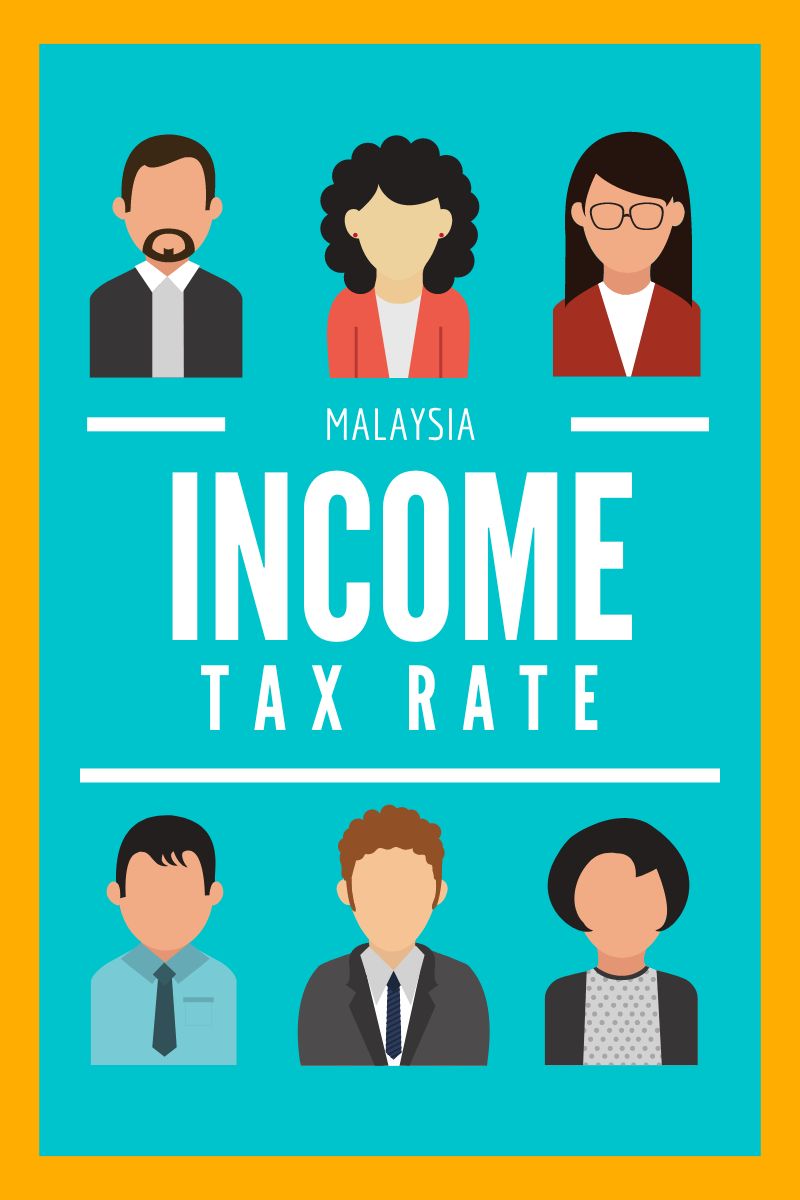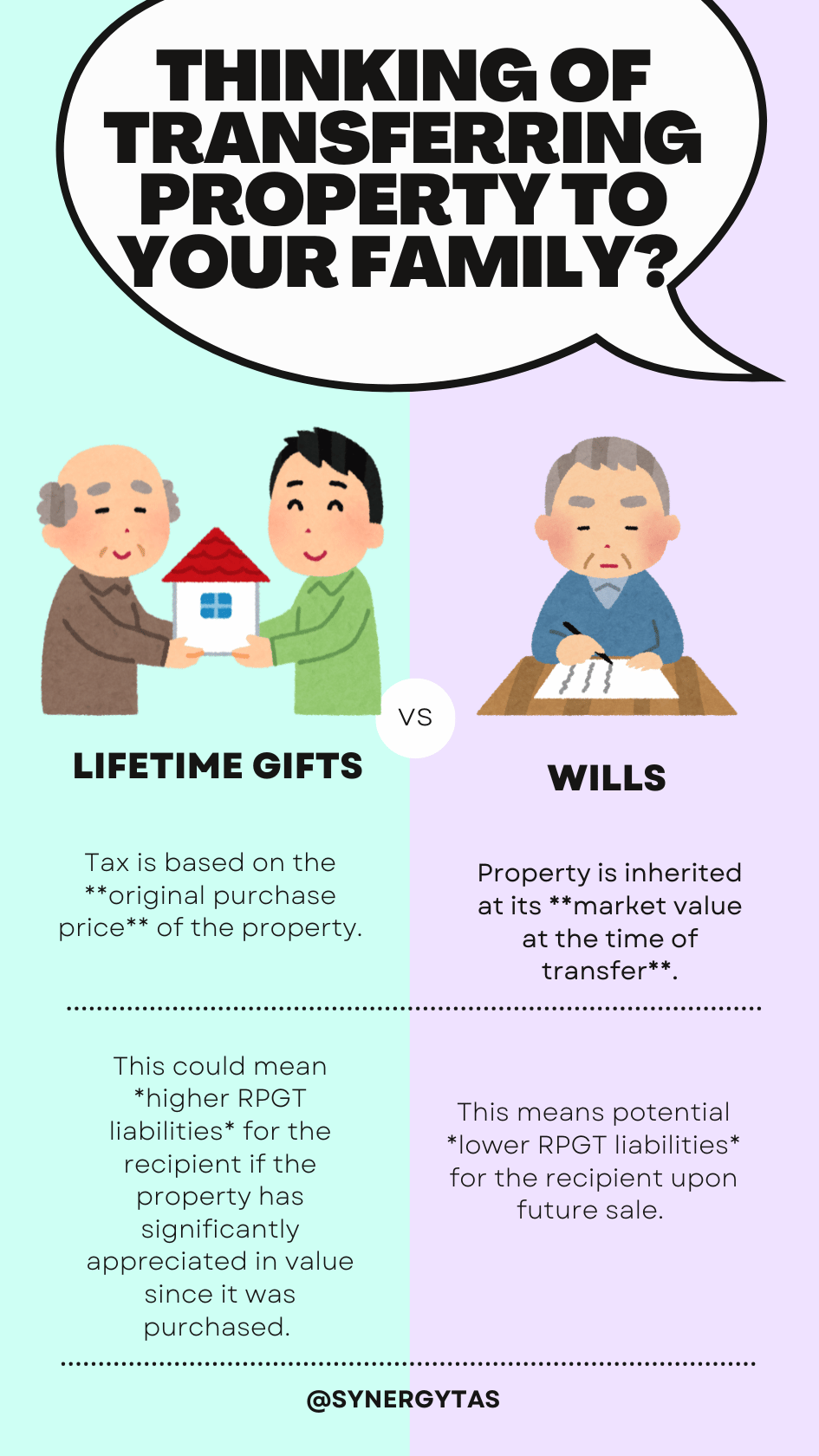Corporate Tax
The Malaysian corporate standard income tax rate is 24%, applicable to resident or non-resident companies that earn revenue inside Malaysia.
Malaysia has a territorial tax system whereby both resident and non-resident companies are taxed on the income generated from within Malaysia.
Resident company who fulfilled the following criteria will enjoy a special income tax rate, where their:
- First RM 600,000 will be taxed at 17%,
- With the balance subject to 24% corporate income tax.
This reduced rate of 17% is only applicable to companies which fullfilled the following conditions:
- with paid-up capital of 2.5 million Malaysian ringgit (MYR) or less, and gross income from business of not more than MYR 50 million
- that does not control, directly or indirectly, another company that has paid-up capital of more than MYR 2.5 million, and
- is not controlled, directly or indirectly, by another company that has paid-up capital of more than MYR 2.5 million.
Individual Income tax
Regardless of nationality, those eligible to claim tax residency, Malaysia has a progressive individual income tax system, where tax rates rise with the rise of an individual’s income. Expatriates that did not qualify for Malaysian tax residency are taxed on the entirety of their Malaysian-sourced income, with a 30 percent flat tax.
Individuals who fail to qualify for residency are taxed at a flat rate of 30 per cent. To figure your tax rate from this table, you first need to identify your taxable income — defined as taxable income minus any tax deductions and exemptions.
Say if your taxable income is RM 51,000 for the year, your tax rate is 13 per cent, with a total income tax that you have to pay of RM1,930 (RM1,800 + RM130).
How to determine resident status
First, to determine which tax rate (progressive or flat) and what tax percentage applies to any given income, the taxpayer needs to identify if he/she qualifies as a resident for the purposes of Malaysian taxes since there are various schemes applied.
Generally, any foreigner working for over 182 days (deemed resident) is eligible for taxation according to the regular income tax laws and rates of Malaysia, as are Malaysian citizens. All people staying over 182 days in Malaysia, regardless of their country of origin, are considered residents under Malaysian tax laws.
Do note that there are other ways to quantify resident status. They are more complicated to compute. When it involves resident status, you should always consult a qualified tax consultant to determine your resident status.
Special tax at 15%
The special tax rate applicable to the following circumstances :
- A qualified person (defined) who is a knowledge worker residing in Iskandar Malaysia is taxed at the rate of 15% on income from employment with a designated company engaged in a qualified activity in that specified region.
- An approved resident individual under the Returning Expert Programme having or exercising employment with a person in Malaysia would also enjoy a tax rate of 15% for five years on income from an employment.
Conclusion
The company’s tax rate is determined by paid-up capital. The tax rate for individuals is subject to resident status. This area can be more complicated. As such, it is best to seek consultation from a qualified tax consultant.










